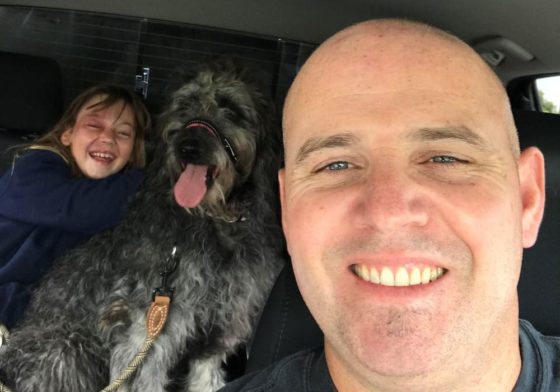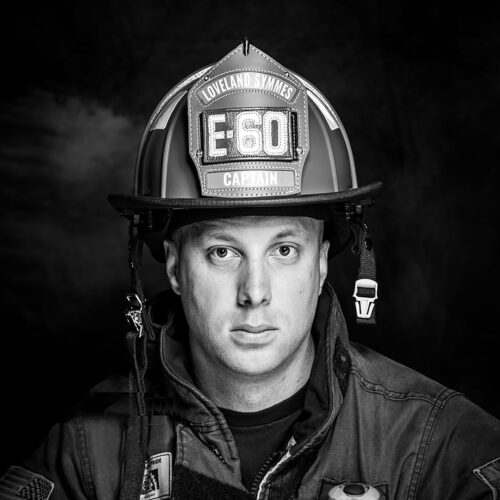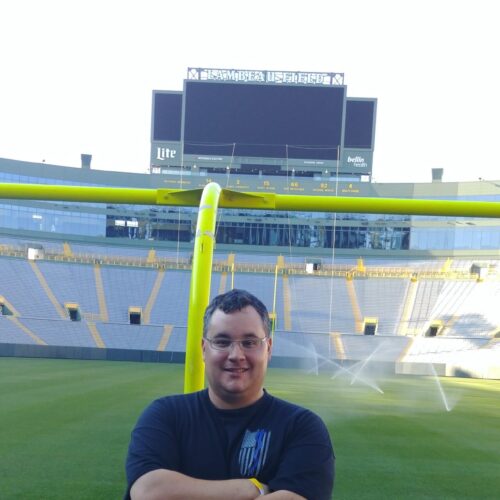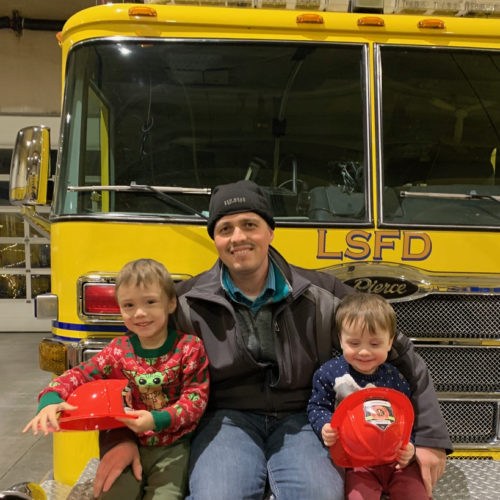
After twelve years in the fire service, I was working hard to stay healthy by exercising, trying to eat well and sleeping when possible.
And then, all of that changed.
I went through a really stressful time with my family. My wife gave birth to our second child, and I traveled and lived across the country with our oldest daughter whose medical needs brought us to a hospital in Baltimore. The toll taken on all of us both financially and mentally was enormous.
We returned home, and I experienced a huge drop in energy that I attributed to the stress in my life. I had chronic fatigue and felt like I was burning the candle at both ends. When I developed an abnormal growth in my right testicle, I knew something was really wrong.
If something doesn’t feel right or look right, listen to your body and what it is telling you. Go get it checked out. Don’t wait.
After talking with a trusted family member, I went to the ER. I will never forget the look on the nurse’s face when I explained my symptoms and the sudden onset of the growth. They immediately took me in for an exam, CT scan and blood work.
I was later diagnosed with testicular cancer, and it had spread to my lymph nodes. What followed was multiple surgeries, months of chemotherapy and complications, including pulmonary embolisms and serious infections, that had me in and out of the hospital for a total of a month. I was out of work for a year and a half.
Now that I am cancer-free and in a position to help fellow firefighters, I urge them to realize that our job is inherently dangerous and because of that, we need to be more aware and in tune with our bodies. If something doesn’t feel right or look right, listen to your body and what it is telling you. Go get it checked out. Don’t wait. It may be inconvenient to go to the doctor but cancer and the treatment that follows is MUCH more inconvenient.
Symptoms
- extreme fatigue
- abnormal growth in testicle
FREE Online Learning for Firefighters

The platform includes our 3 Steps Detect training along with 10 short lessons covering topics such as compiling your medical history, identifying and tracking symptoms, and how to prepare for doctor appointments. Firefighters can access the platform by clicking the link below.






